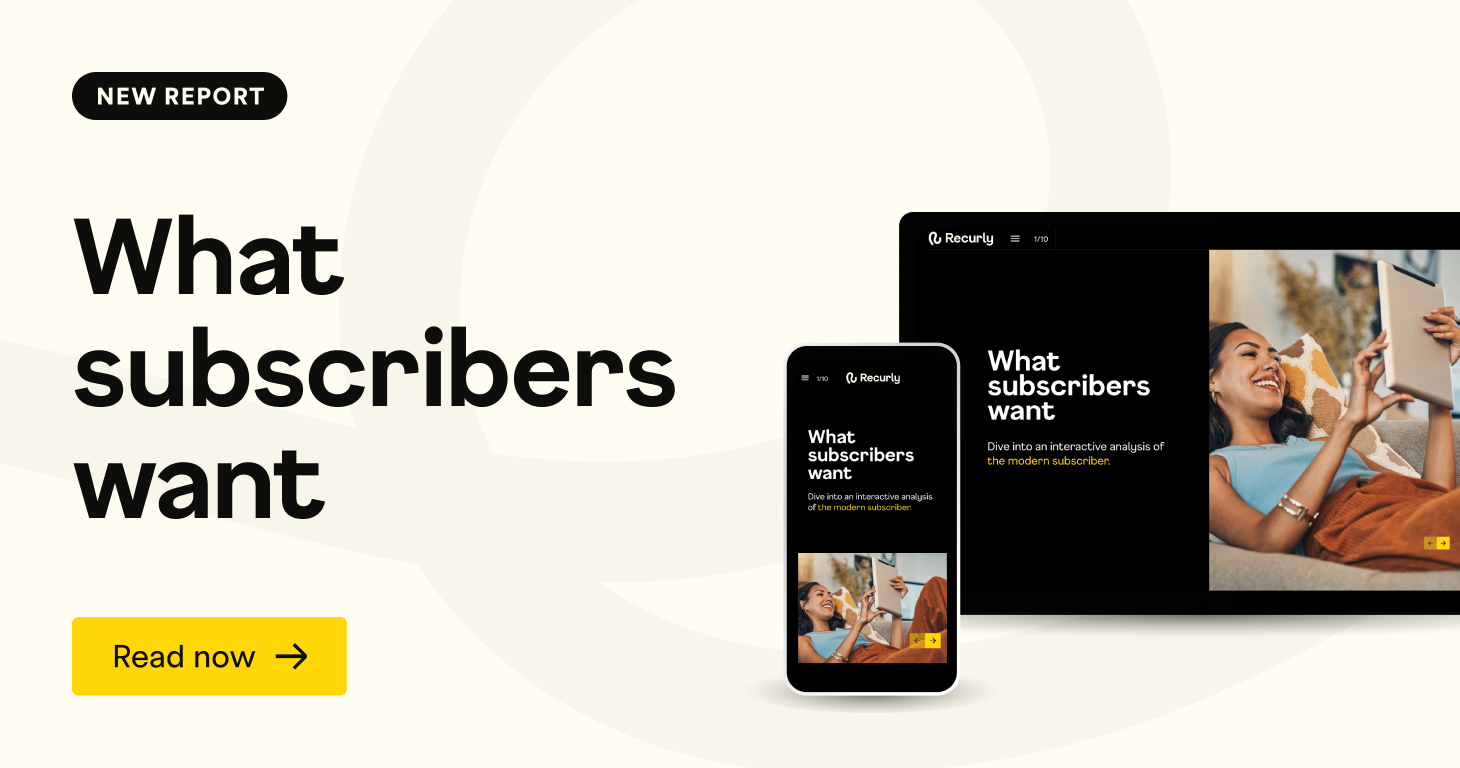Enter the mini subscription: Putting an end to rigid streaming bundles

Streaming giant Sling TV has ushered in a new era of flexibility with the introduction of "mini subscriptions," marking a departure from traditional, rigid, one-size-fits-all bundles.
This innovative offering is designed to provide viewers with unparalleled customization and choice. The new offers include a $4.99 day pass, $9.99 weekend pass, and $14.99 week pass. These short-term subscriptions provide instant, contract-free access to live TV, sports, and entertainment on your terms, all just in time for football season.
Seth Van Sickel, Senior Vice President of Product and Operations at Sling TV, explains, “This launch is about putting control back in the hands of the fans. For just $4.99, you can dive into live sports, trending shows, or major events with no strings attached. It’s instant access, ultimate flexibility, and unbeatable value.”
Consumers today are demanding more control over what they pay for, and leading brands are responding with new, flexible business models. For subscription businesses, this isn't just a trend — it's a strategic imperative. It's an idea we’ve championed at Recurly, and this recent industry shift is a powerful validation of the market's direction.
Our 2025 State of subscriptions report, which analyzed data from over 2,200 brands and 67 million subscribers, and our What subscribers want report, which surveyed 1,000 consumers, have pointed to this shift for some time. We’ve found that subscribers want flexibility, and expect their brands to be responsive to their changing needs.
Embracing the power of choice
This industry news shows that businesses that offer flexibility are positioned to win. By allowing subscribers to add and remove mini subscriptions on a monthly basis, this leader is directly addressing consumer demand for more control. This is the same principle behind many of our key findings:
Consumers value control: Our research revealed that a significant percentage of subscribers rank flexible pause and cancellation options (53%) as their most important subscription feature
Creative pricing is on the rise: We've seen a sharp increase in the adoption of dynamic pricing models, such as ramp pricing, as brands get smarter about easing customers into new plans without scaring them away
💸 Subscribers demand good value, reliability, and security. Our What subscribers want report found these three factors outpaced all others, with a combined 89% of subscribers ranking them as top considerations. Read the report to see what else they expect.

For companies looking to follow this path, building a foundation that supports these flexible models is non-negotiable. Recurly's platform is built precisely for this kind of agility, allowing you to easily manage a diverse mix of pricing models, from simple recurring billing to complex, usage-based subscriptions, all from a single platform.
The move toward mini subscriptions isn't about leaving money on the table; it's about staying ahead of the curve. It's about giving subscribers exactly what they want, building loyalty, and ultimately, creating a more sustainable and resilient business for the future.
💡 Want to learn more about subscriber preferences and how they're shaping the future of subscriptions? Join us at our upcoming webinar series.

FAQ: Mini subscriptions
1. What is a mini subscription?
A mini subscription is a short-term, flexible subscription model that provides temporary access to a service for a limited time, like a day or a week. This innovative approach moves away from traditional, rigid monthly or annual commitments, giving customers more control and choice over what they pay for. For example, Sling TV offers mini subscriptions with day, weekend, and week passes for live TV access.
2. Why are mini subscriptions important for customer retention?
Mini subscriptions are a powerful tool for customer retention because they give subscribers more control and flexibility. When customers can choose short-term, low-commitment options, they're more likely to try a service and less likely to feel locked into a rigid contract they may not use. This builds trust and loyalty, which are essential for long-term customer relationships and reducing churn.
3. What types of businesses benefit from offering mini subscriptions?
Any business that operates on a subscription model can benefit from offering mini subscriptions. While we see this a lot in the streaming and entertainment industries (like the Sling TV example), it can also apply to other sectors. For instance, an educational platform could offer a "week pass" for a specific course, or a fitness app could sell a "day pass" for a live class. It's an effective way to address consumer demand for more choices and to convert a one-time user into a recurring subscriber.
4. How can Recurly help businesses offer mini subscriptions?
Recurly's platform is designed to support a wide range of flexible business models, including mini subscriptions. It allows companies to easily manage diverse pricing and billing structures, from simple recurring payments to complex, usage-based subscriptions. This agility is crucial for businesses that want to follow the trend of offering more flexible options and staying ahead of customer demands for more control.
5. How does Recurly's platform support creative pricing models like mini subscriptions?
Recurly's platform is built to handle the complexity of creative pricing models, including mini subscriptions, without requiring extensive engineering work. It allows businesses to easily manage a diverse mix of pricing models, from simple recurring billing to flexible, usage-based subscriptions, all from a single platform. This agility empowers brands to experiment with new offerings and respond quickly to market demands.

